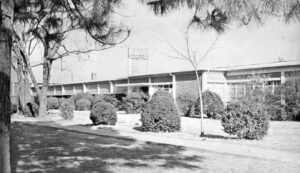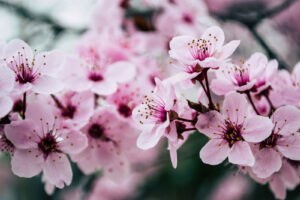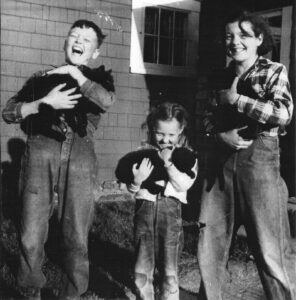“…and it was always said of him, that he knew how to keep Christmas well …”
It is among the closing lines from Charles Dickens’ classic story, “A Christmas Carol.” It may be one of the best remembered and most cherished sentences in the book.
“To keep Christmas well,” I suspect, implies different things to each of us. But in the language of the day when this book was written, it meant to observe, or to honor, or to celebrate something. To actively remember.
Perhaps in this year of rather lopsided “celebrations” — with their often double-edged experiences and wobbly sense of imbalance — I have found myself searching for the honoring and observing kinds of times and places and opportunities of celebration. And it was with this sense of awareness and mindset that I learned about the Hopelands Gardens anniversary.
Fifty years ago this year, the city of Aiken received stewardship of the Iselin Estate, a former and grand Winter Colony home, along with a long list of guiding principles and visionary purposes, as desired and designated by its last private owner, Mrs. Hope Iselin.
I discovered that fact in conversation one day in the context of the lights that decorate the Gardens and its neighboring property, Rye Patch, during the Christmas Season. It was pointed out to me that only pure white lights are used on the grounds of Hopelands — while lights of all colors and sizes and shapes are used at Rye Patch. The reasoning behind this practice dates back to the promises made between the city and the estate of Mrs. Iselin with the deeding of the property all those decades ago.
Hopelands is governed almost entirely by such promises and pledges, and they are all relative to keeping this remarkable site a public gardens, a sanctuary of peace, a place where all the people of Aiken and its visitors can come to find quiet and natural beauty, a vision of the past and an image of what still can be.
In the year following the deeding of this property to Aiken, a group of citizens came together with the city to forever keep their promises to Mrs. Iselin. And so, “The Friends of Hopelands” (with Rye Patch added in 1982) respectfully determined this should extend even to the use of only white lights in Hopelands’ Christmas decorations.
I have come to Hopelands often over the years since I moved here, and I have fallen in love with its constant celebration of tranquility. I am awed by how this place honors the biodiversity of our earth with its vast array of plantings. I am delighted by the ways it examples our love and relationship with animals through the ducks and koi foraging in the ponds, the turtles stretching themselves across sun-bleached rocks, even the small marble headstones marking the graves of Mrs. Iselin’s beloved pets at the edge of one sheltered plant bed. Hopelands quiets our minds with its curved paths and its brick labyrinth and its many benches with notes of remembrance etched into the plaques on their backs. It keeps us safe within the graceful embrace of old Aiken brick walls and ironwork. And throughout it all, there is a beckoning depth of beauty and peace, of sun dappling through shade, a balance of warmth with reprieve.
I even remember once coming across a great blue heron, just at dusk in the wetlands of Hopelands, that was passing between the water and land and air and back again, reminding me of the importance of living within a sense of liminal time and place — of elemental balance. A living, breathing, lesson in celebrating each thing and every one for its own unique sake.
I never knew Mrs. Iselin, but I am drawn to her memory and imprint — to her spirit of celebration through a devotion to such ideals as the inspiration of nature, the human need for tranquility, the creation of space dedicated to peace, and the love that extends beyond our own time and place and people and reaches out to comfort and care for each other in generations yet to come.
I think Dickens would have approved of this place of white lights at Christmas and open gates every season, where much is celebrated through honoring and remembering and observing. It is a place where promises of peace are “kept well.”
“May that be truly said of us, and all of us.”
© Marti Healy 2020, Used with Permission. Photo by Shelly Marshall Schmidt.






